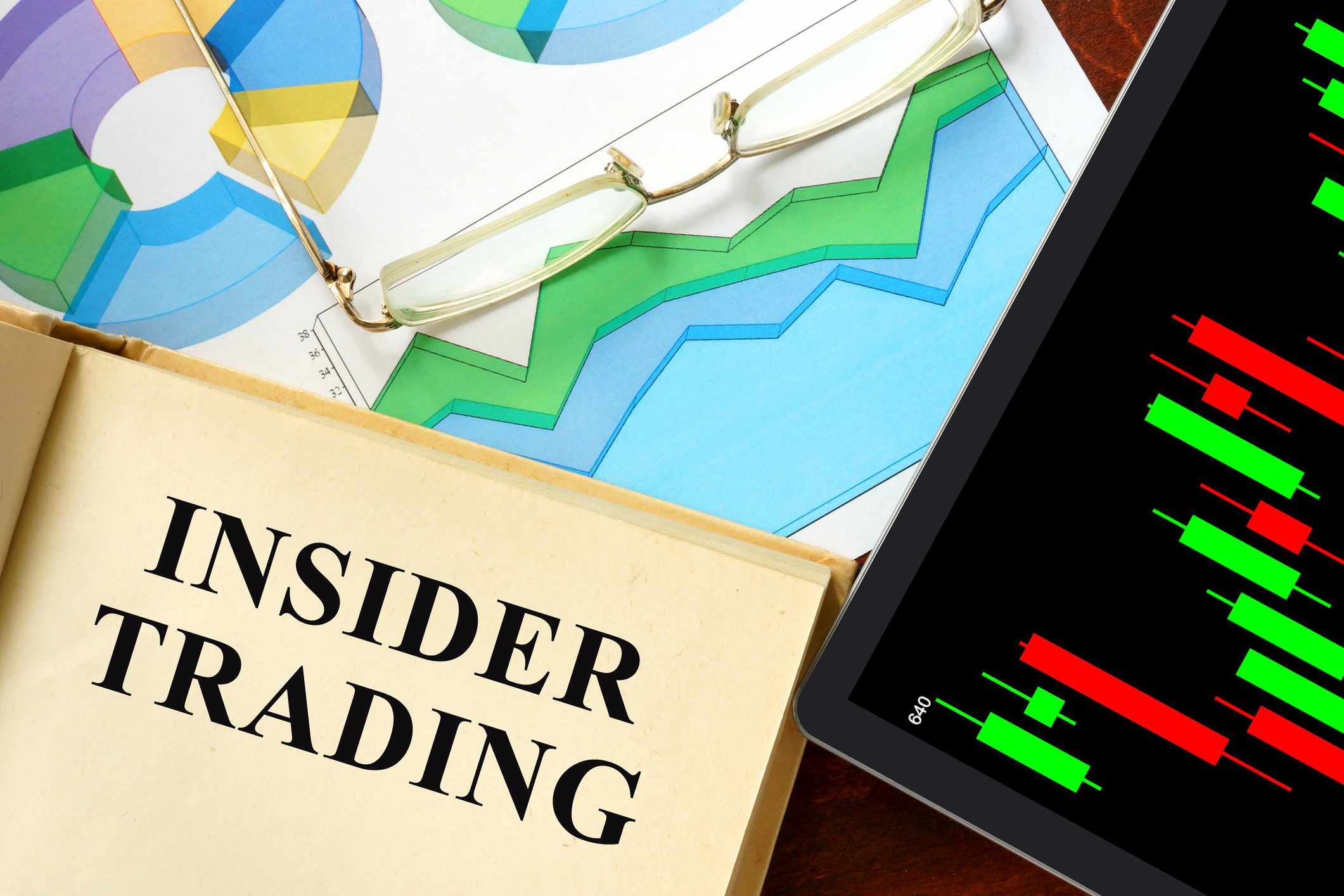In general, insider trading refers to any action that takes place in shares and stocks of a company that have not been publicly traded on a major exchange. However, there are several loopholes one can use to make some cases of insider trading legal.

Is There Such a Thing as Legal Insider Trading?
Yes. Legal insider trading is a bit different than ordinary insider trading. A person who engaged in legal insider trading might work for the firm that he trades the company with insider stock buying, however, he doesn’t necessarily need to.
The key to this type of trading is the person who purchases or sells the particular stock acts in violation of the federal law, not merely information that he receives. To be guilty of insider trading one must know what the law says. Otherwise, he faces no penalty or punishment.
In some cases, an employee stock options broker may trade on behalf of his client and not disclose to the client that the trading could benefit the client. This violates securities fraud and can result in serious personal and professional consequences.
Insider trading is a serious matter that can have devastating results for a person who is guilty of this act. The laws must be followed to maintain a clean slate with their clients. A law firm that is dedicated to providing advice on legal insider trading and other related matters provides this type of legal support.
What Is Illegal Insider Trading?
According to the Securities Exchange Commission, illegal insider trading is the unauthorized, illegal practice of trading in securities and commodity markets through unqualified individuals. Such examples include CEOs who access company confidential information or regulatory actions or information they are not entitled to view and share.
Oftentimes, it happens because a trader has developed a personal relationship with an important person, whether it be a CEO, an accountant, a lawyer, or a board of directors, or other trusted associates.
Because of this, the traders believe that they are not breaking the law by trading on their behalf, even if the information is not properly regulated and cannot be found outside of specific situations.
It is this cozy relationship that allows insiders to skirt legal trouble by trading without having to disclose their knowledge to others. This also allows the traders to wait until an important situation occurs before acting on their tips, thus leaving others to deal with the fallout.
In today’s financial climate, insider trading has become a serious problem in the stock market, and it is being done by the very companies that are supposedly conducting legitimate business. Even large financial institutions like banks and hedge funds are not exempt from this insidious crime, and yet they do not seem to care one bit!
These corporations and institutions are simply too large to care about a few greedy insiders who have put their interests before the public and caused them great financial loss, all the while ignoring all of the public policies that would have kept them from taking such a risk.
What Situations Can Be Termed As Illegal Inside Trading?
- Classic Insider Trading: Classic insider trading is when an employee of a company secretly buys stock that is being sold at a discount to the public. Classic insider trading is punishable by steep fines if discovered by an auditor.
- Fiduciary Duty: This is another important part of classic insider trading. The primary key to understanding how to properly buy and sell a stock is learning to exercise due diligence, or knowing the targeted company and its business before spending your hard-earned money. Companies that do not strictly follow fiduciary duties will often pay hefty fines to their shareholders for securities violations, which includes insider trading.
To avoid the problems of illegal insider trading, many firms are working hard to develop strategies that allow them to monitor activity and to use non-public information without fear of prosecution. In some cases, a broker may be able to look into an employee’s past activities without consulting the employee. In other cases, a monitoring program that monitors all financial transactions may be in place. When it comes to prearranged trading, though, an employee may not be permitted to work on their own. The best way to avoid insider issues that result in bad trades is to understand how prearranged trading affects the market and develop ways to avoid problems.
Leave a Reply